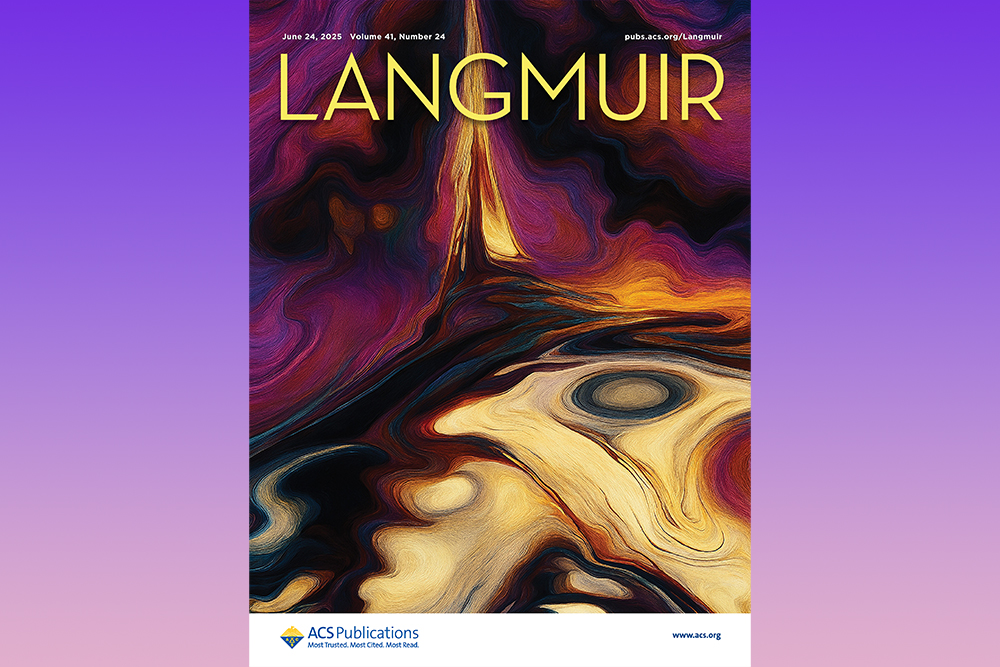
[Image above] Credit: Ludie Cochrane; Flickr CC BY-NC-SA 2.0
Researchers at the University of Vigo’s Institute of Biomedical Research (Spain) have shown that bioceramics isolated from shark teeth can potentially help regenerate human bone tissue.
Inspired by the bounty of biomolecules and the wasted byproducts of marine organisms, the Vigo team isolated hydroxyapatite from discarded teeth of blue and shortfin mako sharks. The research was completed within the European MARMED project, which funds research into innovating biomedical products from marine resources.
Mineral fillers are often used in orthopaedic and maxillofacial surgery to fill voids in bone. Although bone harvested from the patient itself is the gold standard for replacement materials because of its osteoinductive, osteogenic, and osteoconductive properties, collecting bone material from other parts of a patient’s skeleton is not always possible—or desirable.
Biologically-derived bioceramics are another, albeit not novel, option—many current protocols use hydroxyapatite isolated from cow bones, although concerns about transmission of mad cow disease has prompted searches for additional materials.
Hydroxyapatite isolated from coral also has been explored, but, although biologically inert, coralline hydroxyapatite suffers from low mechanical strength. Other options include synthetic hydroxyapatite and bioglass, too.
But there is also merit to reusing existent mineral sources, especially those that are currently discarded and wasted.
“The treatment of marine resources is not being undertaken in a sustainable way, which leads to the discarding of byproducts with a high potential for recoverability,” researcher Julia Serra says in a press release about the new work. “The MARMED project has made it possible for us to carry out actual case studies in collaboration with industry, to develop biomedical materials with a high added value, using marine byproducts from companies in the sector.”
The Vigo team focused their efforts on shark teeth because sharks are frequently caught and discarded from other fishing ventures, including swordfish fishing.
“Shark teeth are considered by the fishery field as byproducts, which means that they, with other parts of the fish—such as skin, head, viscera, etc.—are thrown to sea once the fish is captured at the ship,” writes Pío González, professor at the University of Vigo, in an email. “In the particular case of teeth, sharks are provided with a double row of teeth composed of hydroxyapatite and fluorapatite, which are of great abundance and interest as biomaterials. But these bioceramics do not arrive at port and have been wasted to the seafloor for decades without any use.”
The team collaborated with the fisheries industry, obtaining sharks from a fishing company that commonly catches sharks in its swordfish fishing operations.
To isolate the bioceramics, scientists pulverized and pyrolized shark teeth and isolated inorganic granular powders of hydroxyapatite.
The team’s in vitro and in vivo tests in rats “have recorded very good results and have demonstrated an absence of toxicity.”
The results show that the shark-derived bioceramics stimulated bone regeneration in rat parietal bones (skulls) better than commercial hydroxyapatite sources. Macrogranules of 1 mm performed better than microgranules <20 μm, with higher bone density and osteointegration in the in vivo tests.
The researchers have applied for a patent for the technology and, according to the press release, they expect implants using the bioceramics could be on the market “very shortly.”
The concept is summarized in the video below. Although it’s only available in Spanish, you can see some of the shark bioceramics and their testing in the video.

Credit: DIVULGATIA. NUEVOS MATERIALES. FA3; Youtube
Author
April Gocha
CTT Categories
- Biomaterials & Medical
- Environment
- Material Innovations




